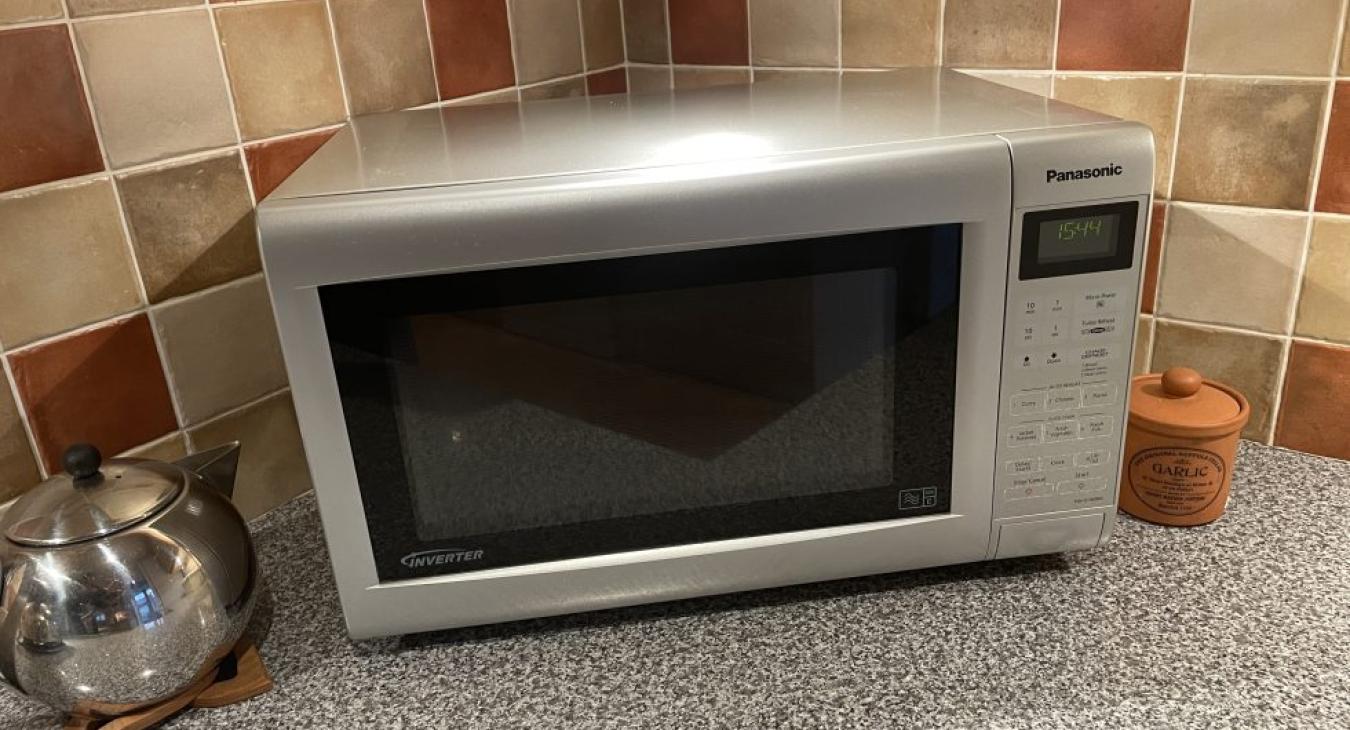
With energy prices being a hot topic here are some energy saving tips and advice from your local electrician. Generally speaking, any appliance with a heating element is likely to be relatively high power consumption. Think kettle, toaster, tumble dryer, dishwasher, oven/hob, they all contain heating elements and they all rank up there as the most power hungry items in the home.
Which appliances contribute most to your energy bill.
The worst offenders for pushing your energy bills up are items that contain heating of some sort and are in use for a prolonged period of time. For example, a toaster is rated at a similar power to a condenser-type tumble dryer however the tumble dryer may be on continuously for an hour where as the toaster is only on for a minute so the total energy consumed by the tumble dryer is far higher. The same theory applies for a built-in oven verses a microwave oven. Both are around the same power rating but the microwave oven may only be in use for five minutes where as the built-in oven might take five minutes to warm to operating temperature and then be in use for another half an hour while actually cooking the food, you can see the potential difference in the amount of energy consumed. Average appliance running costs per year for a typical house are listed below- Tumble dryer (Condenser type)- £200
Fridge freezer (American style)- £171
Fridge freezer (traditional freestanding)- £120
Built-in single electric oven- £110
Washing machine- £91
Dishwasher- £91
Costs are based on an electricity cost of 40p per kWh. Tumble dryer costs based on three full loads per week. Washing machine costs based on four 40degree washes a week. Dishwasher costs based on five wash cycles a week.

Anywhere else I can make energy savings?
We mentioned heating elements in the section above and so unsurprisingly the worst culprit for this is the electric panel heater. Regardless of how you dress them up with claims of being ‘eco’ or ‘energy efficient’, a 2kW panel heater is much the same in it’s basic operation as an ‘eco’ 2kW heater, they both use a 2kW heating element to generate heat so therefore the running costs are not going to be anywhere close to something like a high-retention night storage heater. There are a number of products claiming to be eco friendly and the energy efficient choice but essentially it’s still a 2kW heating element running for prolonged periods. Panel heaters, particularly if you have a number of them, are an incredible expensive way to heat your home.
What about electric vehicles?
We’ll go over this in more detail in future articles but needless to say they are quite expensive to charge. Typically charged at 7kW and depending on vehicle usage may regularly require charging for many hours. It dwarfs the energy consumption for most other household items (heating being the exception) but there are still ways to minimise the costs associated with charging your electric vehicle. Solar PV is one option or alternatively you could look at swapping to an EV friendly or Economy 7 overnight tariff from your energy provider.
Energy saving tips from your local electrician.
Dry your clothes on the washing line- when the weather allows consider drying on the line instead of the tumble dryer. Consider a clothes airer to allow you to dry clothes indoors (pick a warm room with ventilation to avoid damp forming) when the weather is cold or wet.
Don’t leave appliances on standby- No need to unplug them but make sure they are not left in standby.
Don’t overfill the kettle- don’t fill the kettle up to full just for one cup, only boil the amount of water required. If you let the kettle go off the boil before making a drink, don’t re-boil it. You may want to consider switching it off just before it gets to the boil, that last ten degrees required to boil the kettle takes a disproportionate amount of energy.
Make sure dishwashers, and washing machines are full- rather than multiple part loads, only run a wash when you have a full load and consider washing at a lower temperature.
LED Lighting- Make sure you have LED lamps installed in all light fittings. A single standard GLS lamp is equivalent in energy consumption to a whole house worth of LED lamps.
Off-peak energy tariff- If you have an Electric Vehicle or battery storage then consider switching to a tariff with an cheaper off-peak rate and switch to charging overnight. You’ll save money and ease the daytime load on the electricity network for everyone. Solar PV- If you have Solar Panels installed then try and maximise the amount of self-generated energy you use instead of exporting it to the electricity network. Save putting those appliances on until the sun is out and you’re generating your own electricity.
Hidden Loads- Have a look and see if there are any items switched on that could be having a sizable effect on your bill and that may not be immediately obvious. Underfloor electric heating or towel rails are good examples.
Hopefully these energy saving tips from your local electrician have been of help, if you have any questions regarding energy efficiency or any of the items discussed above then call us today on 0117 303 9000










